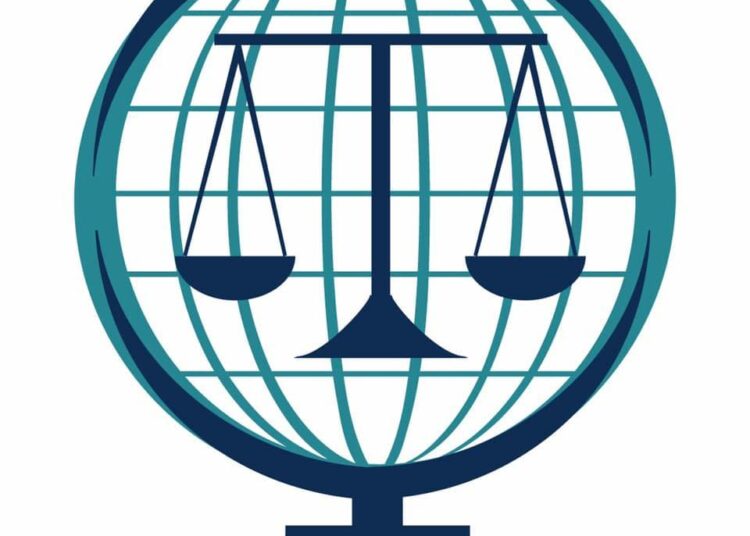Recent disclosures confirm persistent worries about a shortage of judicial officers especially at the two highest courts in the land, the Supreme Court and the Court of Appeal.
Media reports revealed a depletion in the number of Supreme Court justices after the retirement of Justice Amina Adamu Augie, Justice Mary Odili before her and the death of Justice Centus Chima Nweze. The reports also pointed out that the number had reduced to just 11 justices from the constitutionally allowed 21. This development, obviously, is affecting the productivity of the justices due to overwork which in turn is impacting, negatively, on their ability to function effectively.
Added to this is the fact that, of this depleted number, seven of the 11 remaining justices would be constituted into the judiciary panel that will hear the appeal brought to the Supreme Court by the presidential candidate of the Peoples Democratic Party, Atiku Abubakar, and his Labour Party counterpart, Peter Obi, as well as the Allied Peoples Movement (APM) challenging the affirmation of Bola Ahmed Tinubu victory in the 2023 election by the presidential election petitions tribunal.
This leaves just four justices in the apex court to deal with the avalanche of cases requiring their attention, including governorship election petitions that will be concluded at the Supreme Court.
Justices of the Supreme Court are usually recommended by the National Judicial Council (NJC), appointed by the president and their appointment confirmed by the Senate. It has the exclusive jurisdictional preserve of settling disputes between the federal and state governments and between states. It also determines matters from the Court of Appeal, among others.
The heads of the two highest courts in Nigeria have recently complained of the sheer volume of the workload on the justices. During a swearing-in ceremony of nine new justices of the Court of Appeal at the Supreme Court in Abuja, the chief justice of Nigeria (CJN), Olukayode Ariwoola, lamented the high volume of political cases flooding the Nigerian courts, saying they “are taking a monumental toll on our dockets. The times we are in are not pleasant, to say the least.”
In fact, in November last year, during the investiture of 62 new Senior Advocates of Nigeria in Abuja, Ariwoola declared that available facts on judicial activities across the globe confirmed that the Supreme Court of Nigeria was the busiest and most hardworking Supreme Court in the world.
And with 6,884 cases at the apex court and the depleting number of the justices to determine the cases, there is no doubt that justice will not only be delayed, but possibly denied.
According to reports, the Federal High Court, during the 2023 electioneering, received over 3,000 pre-election suits with many dragging through the Court of Appeal to the Supreme Court for settlement.
The president of the Court of Appeal, Justice Dongban-Mensem, also spoke in the same vein as the CJN during a special court session to mark the commencement of its 2023/2024 legal year.
She reported that the appellate court had 39,526 cases, with the bulk of the cases, which were filed in 20 divisions of the court, made up of electoral disputes. Justice Dongban-Mensem disclosed that after the 2023 general elections, 98 panels were constituted across the various tribunals to adjudicate over 1,209 petitions filed by contestants.
She expressed concern that electoral litigation had choked up the entire Nigerian Judicial System, with the implication being that human rights, land matters, commercial, and industrial matters are tied down in courts for an indefinite period of time.
Both CJN Ariwoola and PCA Dongban-Mensen advocated that all electoral contests need not end up in the courts; that alternative dispute resolution should be used to settle disagreements in view of the case clog in the judiciary; politicians should learn to play by the rules and subsequently show sportsmanship when they win or lose.
It is also important to reconsider the calls for the establishment of a special court to handle election-related matters. In this regard, we join our voices with the Nigerian Bar Association (NBA) and others who had called on the NJC to do the needful by recommending more nominees to the president for appointment as Supreme Court Justices, in line with Section 230(1) (B) of the Constitution of the Federal Republic of Nigeria. The lower courts should also be properly staffed to deal with the cases in their dockets in good time.
Finally, the wise advice of retired Justice Augie is imperative in this case. She said justices of the Supreme Court, as the apex court of the land with final decisions to shape society’s social order, should be allowed to focus on what truly matters – issuing directives for formulating specific policies or amending existing ones – to better serve their intended purposes.
“But how can they do that when they are drowning in overwhelming caseload? The only way forward is to amend the Constitution to restrict the circumstances under which appeals can reach the Supreme Court,” she said.
As a newspaper, we cannot agree more.





